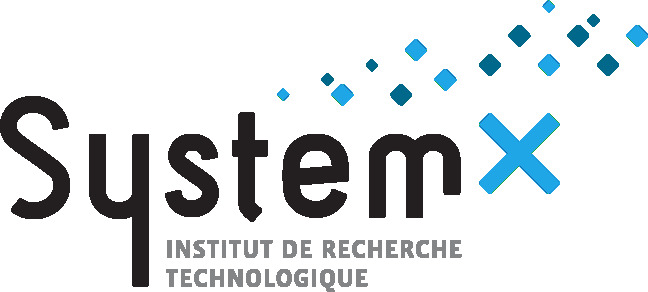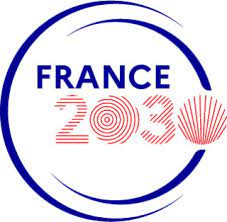Rail Crack Propagation Forecasting Using Multi-horizons RNNs
Résumé
The prediction of rail crack length propagation plays a crucial role in the maintenance and safety assessment of materials and structures. Traditional methods rely on physical models and empirical equations such as Paris' law, which often have limitations in capturing the complex nature of crack growth. In recent years, machine learning techniques, particularly Recurrent Neural Networks (RNNs), have emerged as promising methods for time series forecasting. They allow to model time series data, and to incorporate exogenous variables into the model. The proposed approach involves collecting real data on the French rail network that includes historical crack length measurements, along with relevant exogenous factors that may influence crack growth. First, a preprocessing phase was performed to prepare a consistent data set for learning. Then, a suitable Bayesian multi-horizons recurrent architecture was designed to model the crack propagation phenomenon. Obtained results show that the Multi-horizons model outperforms state-of-the-art models such as LSTM and GRU.
Domaines
Intelligence artificielle [cs.AI]| Origine | Fichiers produits par l'(les) auteur(s) |
|---|

